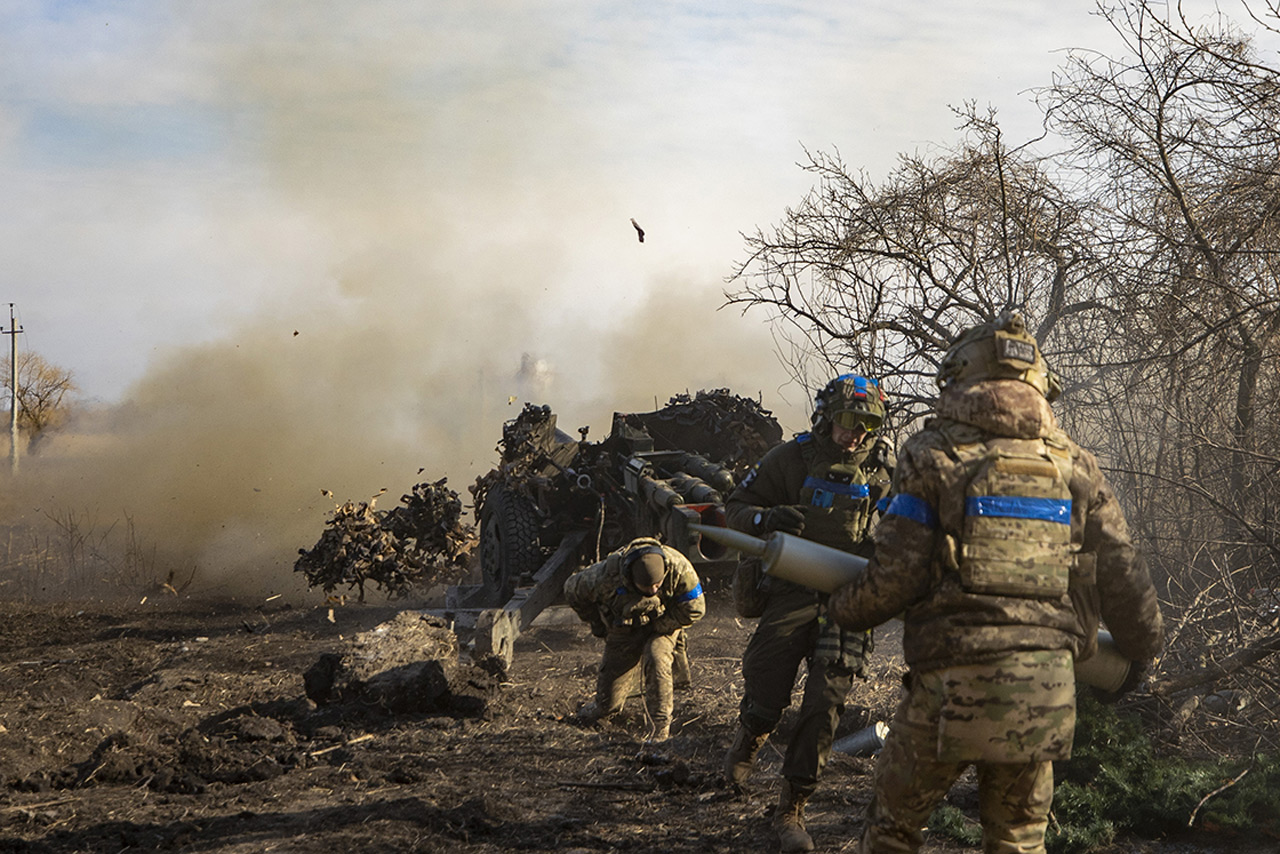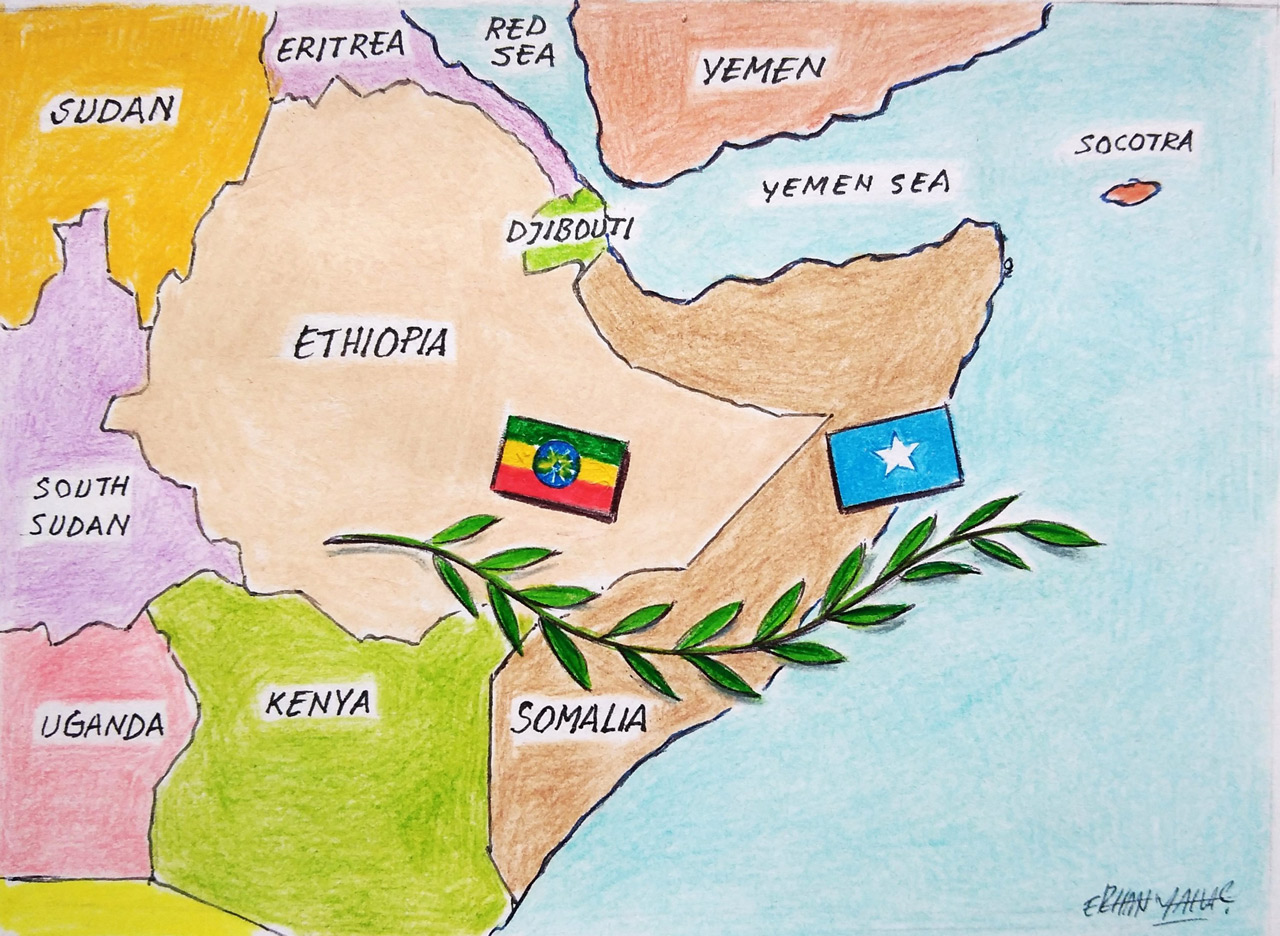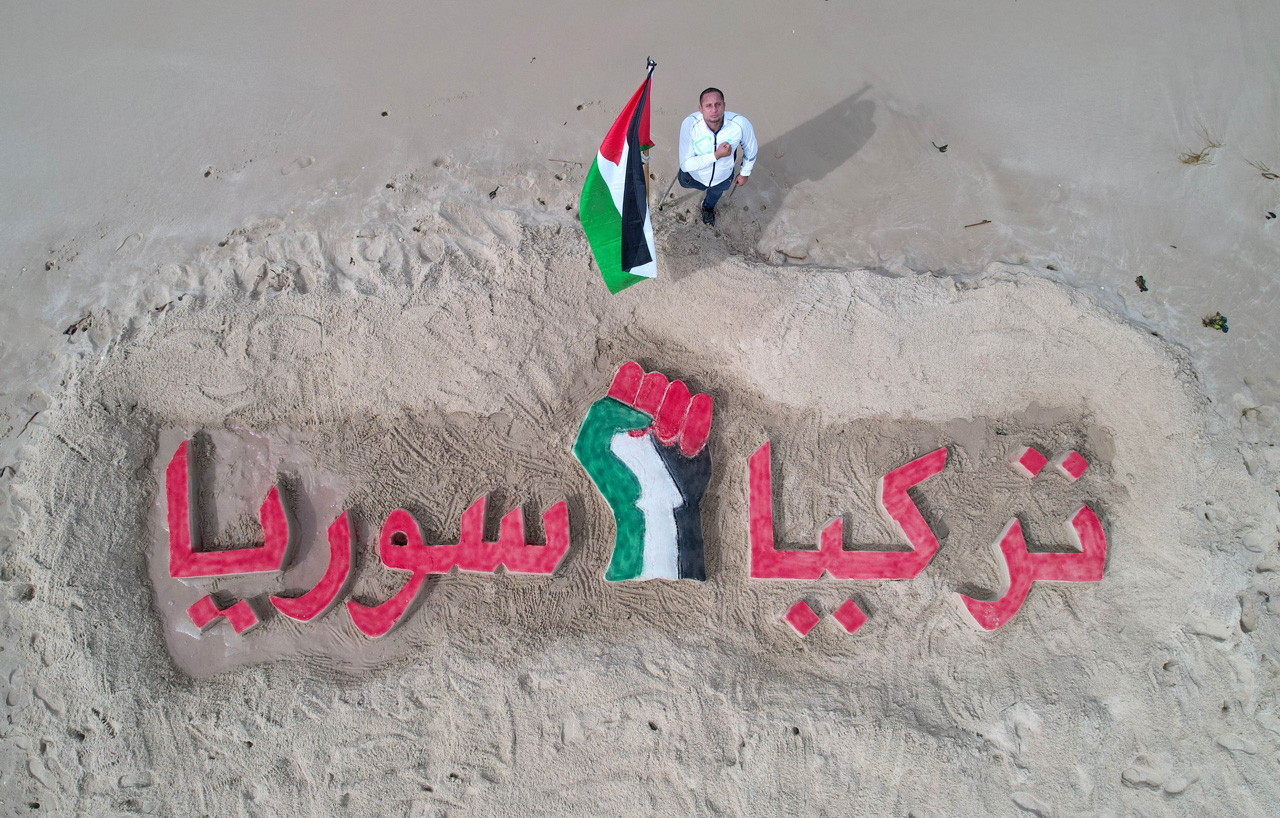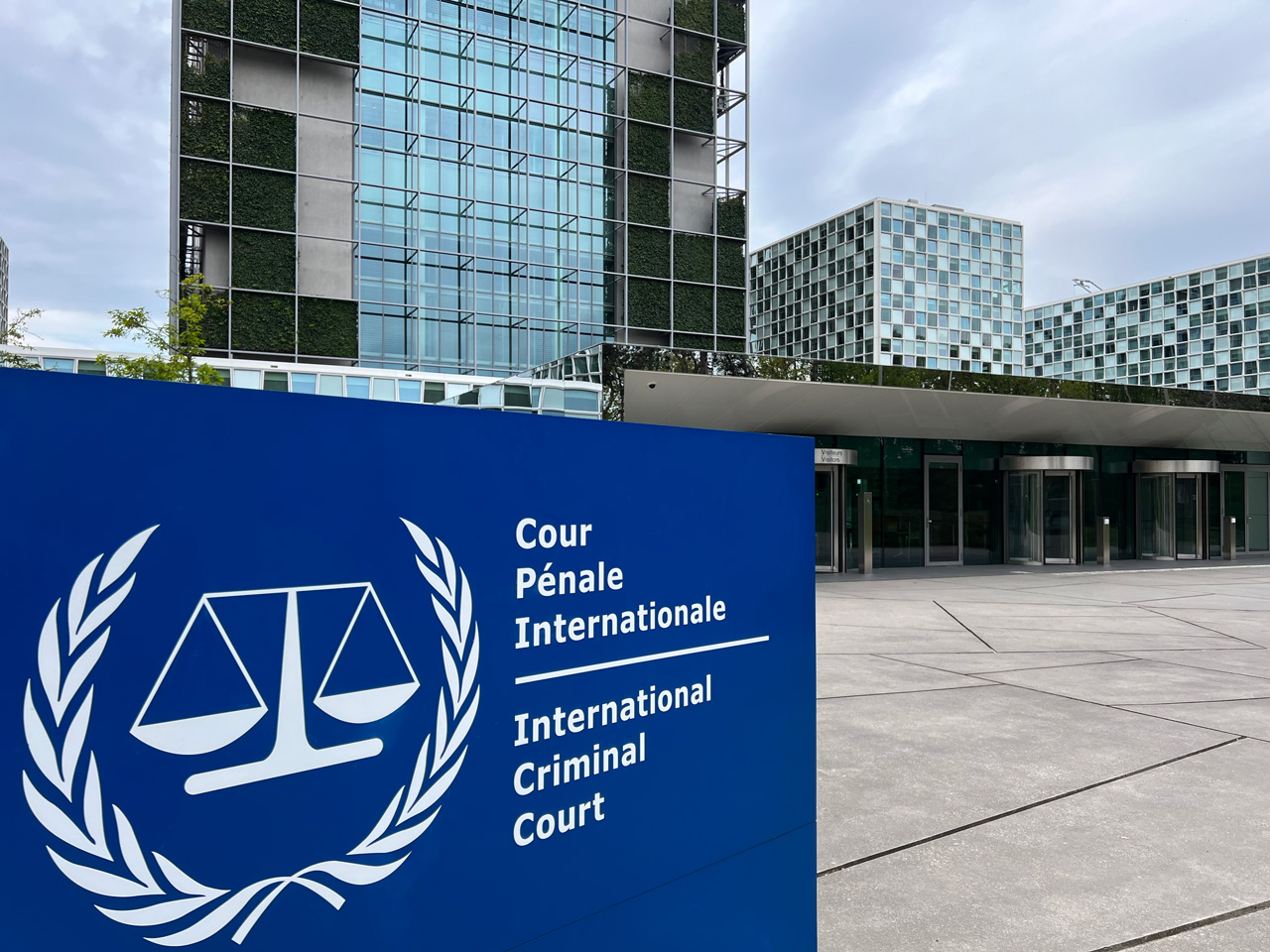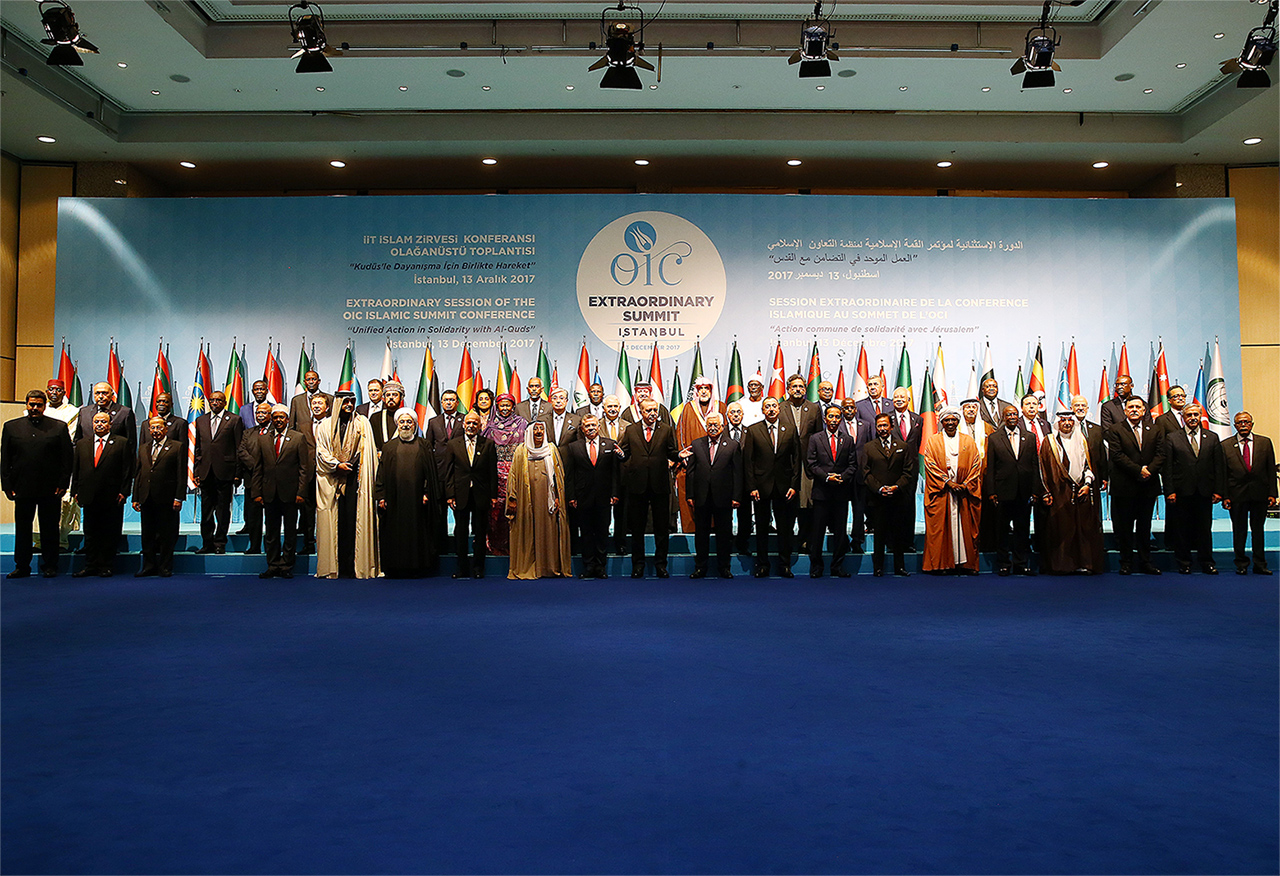
OIC Istanbul summit and standing up for al-Quds
The EU, France, the U.K., Germany, Russia and China all declared that the American administration had taken a wrong and provocative step that could damage peace efforts and trigger widespread violence.
Share
Representing one of the largest religious provocations in history, Al-Aqsa Mosque was set on fire in August 1969 by Michael Denis Rohan, a fanatic Australian who wrongly believed that by destroying Al-Aqsa and other nearby sacred sites he would accelerate the coming of the messiah. This arson targeted the first qiblah and the third-most sacred mosque in Islam and stimulated unprecedented reactions and a spirit of unity in the Islamic world. The proactive leadership of King Faisal bin Abdulaziz al-Saud of Saudi Arabia culminated in the foundation of the Organisation of Islamic Cooperation (OIC) during a historic summit in Rabat, Morocco, as the second-largest diplomatic institution after the United Nations with the chief mission of protecting al-Quds and Al-Aqsa from foreign aggression. Since then, the status of al-Quds has constituted a red line for Muslim communities, and despite differences of opinion among Muslim states on a plethora of other issues, when it came to protecting the status of al-Quds and Al-Aqsa, there was always unconditional unity. This week, we saw an equally brilliant manifestation of its unreserved spirit of solidarity at the extraordinary OIC summit in Istanbul, which was convened to oppose the illegal declaration by the U.S. accepting al-Quds as the capital of Israel.
The capable summit leadership of President Recep Tayyip Erdoğan adopted an exceptionally dynamic stance as soon as the provocative declaration came from Washington and successfully mobilized the OIC platform to display a strong and united response. U.S. President Donald Trump's move to declare al-Quds as Israel's capital and suggestion that all countries move their embassies there was utterly baseless in international law and U.N. resolutions. As a result, there was no forthcoming support. The EU, France, the U.K., Germany, Russia and China all declared that the American administration had taken a wrong and provocative step that could damage peace efforts and trigger widespread violence. So, a situation emerged in which the U.S. and Israel stood against the world to defend an untenable position that breached international law, fundamental human rights and pluralistic cultural values.
This moral high ground increased the effectiveness of the OIC's Istanbul summit even further and historic, unanimous decisions were made at a platform whose legitimacy was augmented by strong leadership participation at the highest level. The Istanbul declaration, "Freedom for al-Quds," recognizes the state of Palestine with East Jerusalem as its capital, and calls on the world to recognize East Jerusalem as the occupied capital of Palestine. This historic declaration by OIC member states categorically rejects American and Israeli attempts to change the legal status of al-Quds and invited the global community to follow international law. As Erdoğan stressed in his closing speech, this historical stance shown by the Muslim world had massive psychological and symbolic value as it demonstrated to the brave Palestinians resisting Israeli aggression that al-Quds had not been abandoned.
Politically, this unified posture is bound to increase the diplomatic weight of the OIC in international politics because this was the first instance in recent years that the members unanimously rejected a clearly defined U.S. position. The U.S. was also collectively rejected as a potential neutral mediator in the Israeli-Palestinian peace process for the foreseeable future, as it openly took sides in the most sensitive all of global conflicts. This, in fact, is in line with recent trends through which the U.S. administration withdrew from its hegemonic responsibilities, such as providing peace and stability and engaging in conflict resolution.
Following the summit, the issues of al-Quds and Palestine will be swiftly taken to U.N. platforms, and the Tel Aviv-Washington axis may face greater international pressure to back up. If the U.S. stays as the only U.N. Security Council member vetoing the calls to recognize the legal status of al-Quds, then the issue might be carried to the General Assembly via the Uniting for Peace Resolution. If the solidarity of the OIC members is supported in the General Assembly by states from Europe, Asia, Africa and Latin America, this global platform could lay the foundations of a just and sustainable two-state solution. A definitive status for al-Quds valued by all three Abrahamic religions can only be achieved through negotiations in line with U.N. resolutions and taking into account the freedom of every community involved. In the meantime, Palestinians oppressed on the ground for years shall be supported with all legitimate moral, financial and legal means.
[Daily Sabah, 16 December 2017]
Tags »
Related Articles

